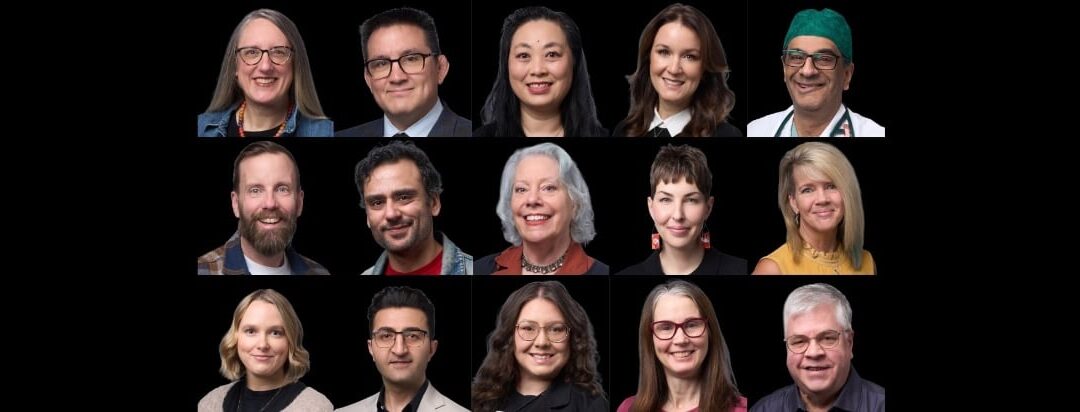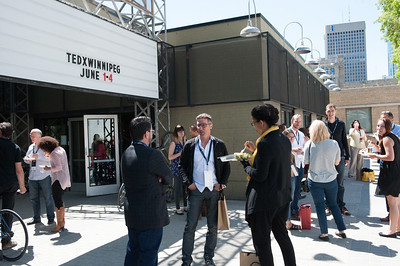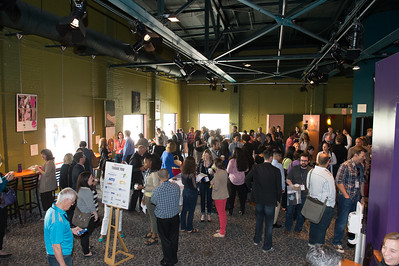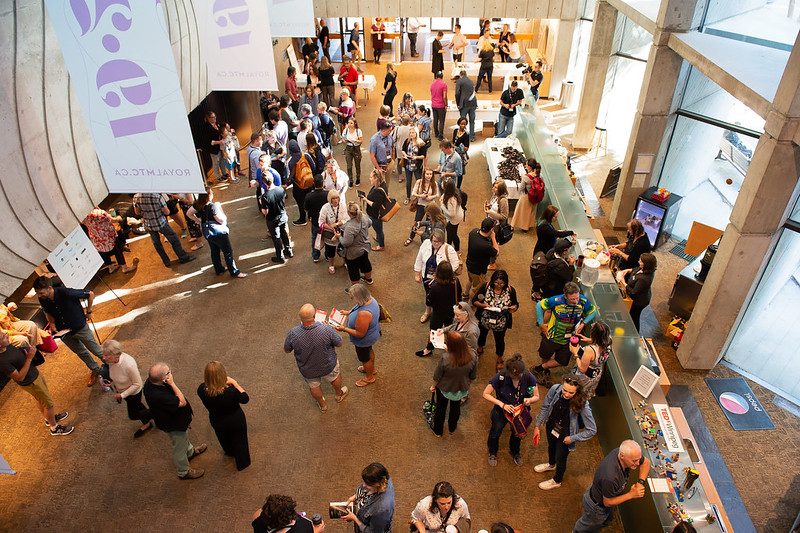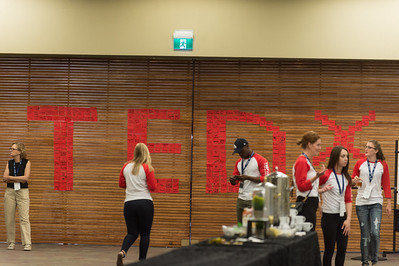Ashleigh Lodge is the Application Development Manager at Neovation Learning Solutions, which encompasses the development, UX and QA teams for multiple products.
She’s a pop culture fanatic who loves Pokémon Go, graphic novels, TV/movies, and more, and we caught up with her to chat about her upcoming TEDxWinnipeg talk. Check it out:
What motivates you?
Ever heard of Wheaton’s Law? Coined by Wil Wheaton, who played Wesley Crusher on Star Trek: The Next Generation, I think it’s a pretty good place to start.
I don’t want to be a jerk. I don’t want people to be excluded from the huge sheer scope of knowledge, and information, and cat memes the internet provides. I don’t want women to continue to be a minority in a field we pioneered. I don’t want people with disabilities to struggle every day with tasks temporarily able-bodied people take for granted. I don’t want newcomers to be passed up for jobs they’re imminently qualified for because they have no Canadian experience.
My sister is a lifelong Girl Guide, and there’s an important rule: “Leave this world a little better than you found it.” I’m never going to be a Bill Gates or a Hillary Clinton, but I hope I can manage that.
What do you do for a living and why?
I’m currently the Application Development Manager at Neovation Learning Solutions. Application Development is made up of the developers, UX, and QA teams for two SaaS (software-as-a-service) products. There are just under 25 people on my team and we make up a big chunk of the company.
My background is in programming – I had the opportunity to take some coding classes in high school and it was something I enjoyed. It was pretty neat to be able to make the computer do what you wanted it to (most of the time). I ended up in the Computer Analyst/Programmer program at Red River College, which is a really solid program that is now called Business Information Technology (BIT).
I was hired as at Neovation as a programmer seven years ago, when we had just five employees (we’re now at just over 60). As the team grew, I started to get annoyed by all the little organizational things that weren’t getting done, so I just did them – someone had to! This lead to a 50/50 promotion to Team Lead, where I continued to write code, but also had a more official role bossing people around.
The team continued to grow, and we started work on an entirely new product, so eventually I was fully promoted into management. I do still get to keep my hand in with coding, although it’s usually on proof-of-concept items, or little on-offs.
What would you most want to tell your 20-year-old self?
Twenty is so specific! Definitely a few things I’d like to tell younger me though.
I was born really late in the year, so I graduated high school and started university when I was 17. I’d love to tell 17 year-old me that university is not automatically better than college, and that you should probably listen to your parents – they’re very smart and know you very well after all.
I’d tell 19-20 year-old me that the opportunity you’re being given to do a work co-op as part of your RRC program isn’t really something you should be skipping – you need that real world experience in being a developer. But then again, if I had done the co-op, I probably wouldn’t have ended up where I am now, and I really love what I’m doing currently.
I’d tell 25 year-old me that there is a reason for all the pain, and while you’re going to figure out what it is soon, it’s always going to affect you. But it’s not going to define you – you’ll figure out ways to manage it, and even harness it.
What’s on your playlist at the moment?
I usually just let my whole library run on random, but some of my newer stuff includes the Spider-Man: Into the Spider-verse score & soundtrack, rediscovering Of Monsters & Men and Daft Punk, and the Broadway Cast Recording of Hamilton & the Hamilton mixtape are always in heavy rotation. I’ve been a huge Disturbed fan since high school, so their songs are always popping up too, especially since there’s a new album out (and they’re coming here in July!).
Bassnectar is excellent if you’re into EDM/dubstep, and A Tribe Called Red is phenomenal, especially Sila with Tanya Tagaq. I grew up on classic rock, so Fleetwood Mac, Iron Maiden, and Aerosmith are all mixed in there. And I can’t resist 90s classics like That Song by Blur and Stereo by The Watchmen.
I’ll listen to almost anything!
Who are your heroes in real life?
Ooh, tough one. I don’t know that I have heroes per se – it seems like a good way to be disappointed. I’ve found Twitter to be an excellent resource for learning about a huge variety of topics, so here are some of the people I find most inspiring:
Kivan Bay – Creating threads that wouldn’t be out of place in a scholarly publication, but are still accessible to everyone, Kivan focuses on fat activism & liberation.
Erynn Brook – She has this amazing way of boiling a complex topic down into simple to grasp tweets. I love exploring her threads about ADHD, feminism, & politics.
Ace Ratcliff – Ace is a writer and freelancer with hypermobile Ehlers-Danlos Syndrome. Their contributions to #HellaInaccessible have really opened my eyes to the types of accessibility issues that affect wheelchair users.
In real life, I admire my sister very much for her work with kids in all forms – she’s a teacher, a school counsellor, a Girl Guide leader, and more.
If you were to die and come back as a person or a thing, what would it be?
House cat, 100%. Everyone who’s owned by a cat already knows this, but it’s a pretty sweet deal: sleep for 20 hours, knock stuff off of tables for 2 hours, run around for no discernible reason for 1 hour, and cuddle for 1 hour (as long as there are no belly pets). That sounds like a perfect daily schedule to me!
What TED Talk do you think everyone should see?
The Danger of a Single Story by Chimamanda Ngozi Adichie.
She is a fantastic writer and speaker, and this is such a broadly applicable talk. There’s a single story of Africa, and of Canada, and of women, and of people with disabilities that we’re all familiar with, and it does a huge disservice to those who are, and those who aren’t, included in the story.
“The problem with stereotypes is not that they are untrue, but that they are incomplete.”

